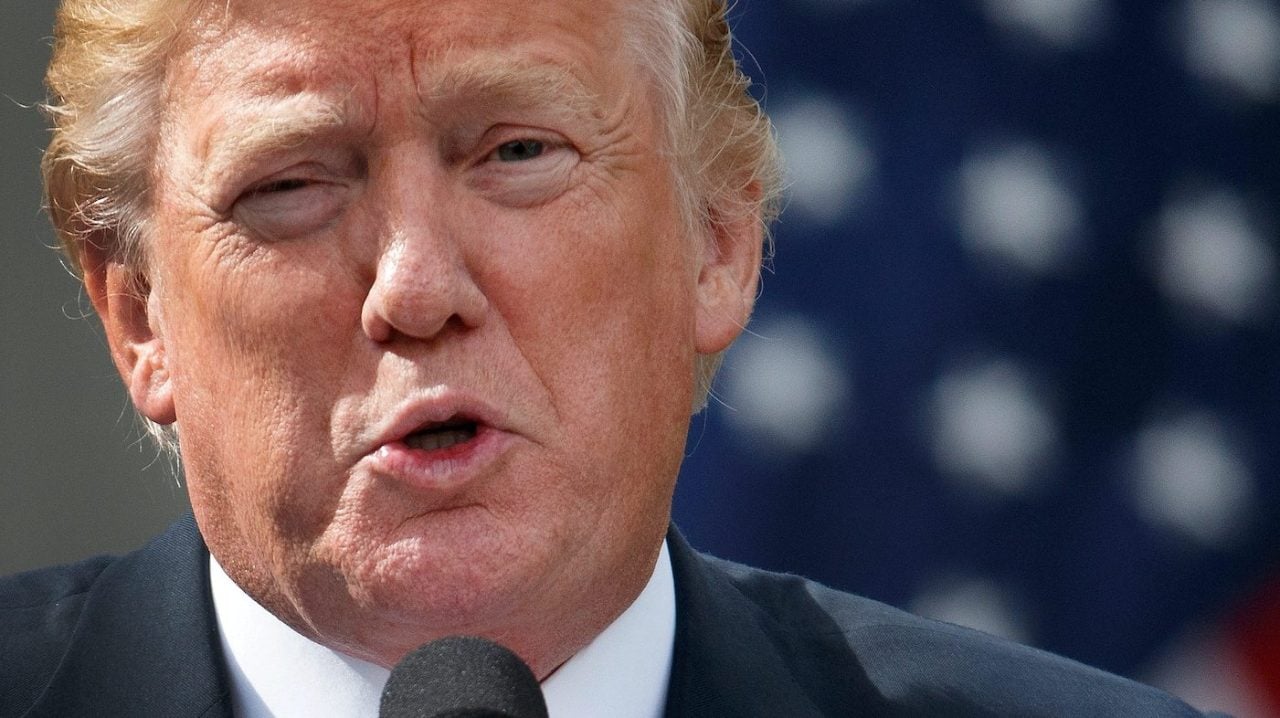Tax cuts and pandemic relief measures enacted during the Trump administration added $8.4 trillion to the national debt over the 10-year budget window, according to a study released Wednesday by a top budget watchdog group.
Discretionary spending increases from 2018 and 2019 added $2.1 trillion, Trump’s signature Tax Cuts and Jobs Act added $1.9 trillion and the 2020 bipartisan CARES Act for pandemic relief added another $1.9 trillion, the Committee for a Responsible Federal Budget (CRFB), a Washington think tank, found in a study released earlier this month.
“Of the $8.4 trillion President Trump added to the debt, $3.6 trillion came from COVID relief laws and executive orders, $2.5 trillion from tax cut laws, and $2.3 trillion from spending increases, with the remaining executive orders having costs and savings that largely offset each other,” budget experts with the CRFB wrote in a summary of the report.
The only significant deficit reduction enacted by the Trump administration noted in the report was due to tariffs levied on a variety of imported goods, which are calculated to have brought in $445 billion over 10 years.



Bro go read a modern macroeconomics book. What are you on? You’re literally like 200 years behind the entire fucking field. Not even the most orthodox economists would agree with you.
All I said was based on Keynesian theory and MMT. Y’know, two of the major theories, which are the most accepted around the world among economists.
And again, I did say local taxes do fund spending. But taxes definitely, 100%, don’t fund federal spending of nations who have sovereign currencies. Sure, El Salvador can’t just print money for their budget, but the US, China, Brazil, Japan etc. all can.
Oh you poor thing lol. You think anything related to the study of economics is anything better than flailing around like a fish while applying theories on paper that never work IRL lol.
Then again, the only people I’ve ever seen get into economics was middle class rich folk who think any of it is true to justify their uselessly inflated salary to people who actually do the work.
https://www.emerald.com/insight/content/doi/10.1108/IJSE-04-2018-0221/full/html
https://nonprofitquarterly.org/reconnecting-economics-education-with-todays-global-realities/
https://en.m.wikipedia.org/wiki/Schools_of_economic_thought
https://www.danerwealth.com/blog/the-terrible-track-record-of-wall-street-forecasts
I really don’t understand your point. Yes, Wall Street economists are bad at predicting the future. Marxists are the clairvoyant ones, everyone who knows anything about economics knows that. Orthodox economists make models and calculations to make rich people feel better about stealing from everyone and destroying the planet. But MMT, Keynesians and Marxists understand that you can’t model the economy, calculations only go so far.
But Wall Street and orthodox economists are usually _micro_economists. They don’t understand macroeconomics, or material reality as a whole, because they like almost all academics in function of capital are compartimentalised into their specialisations and never peek out.
But you can’t say studying economics is useless… that’s insane. That’s like saying studying society is useless. You perhaps completely misunderstand what the economy is.